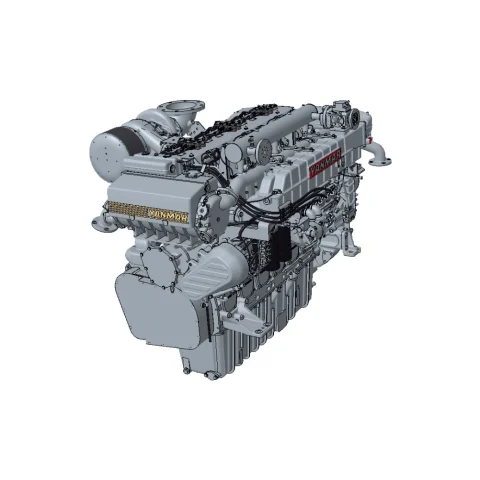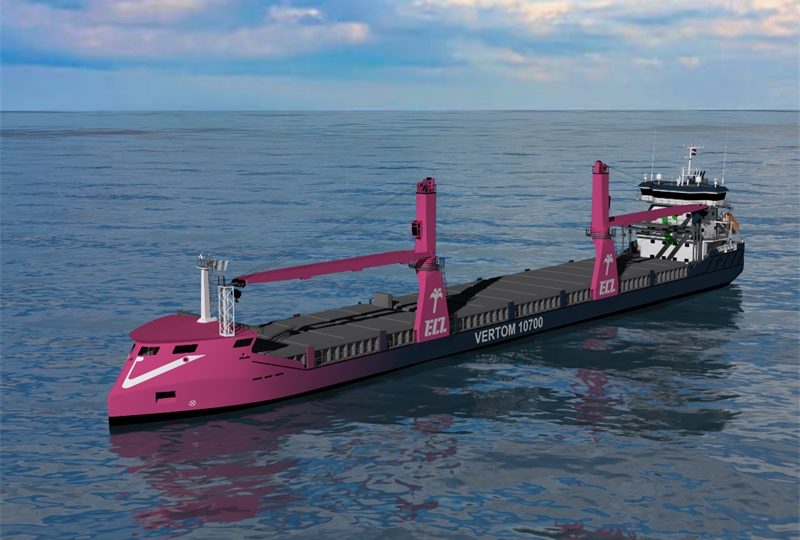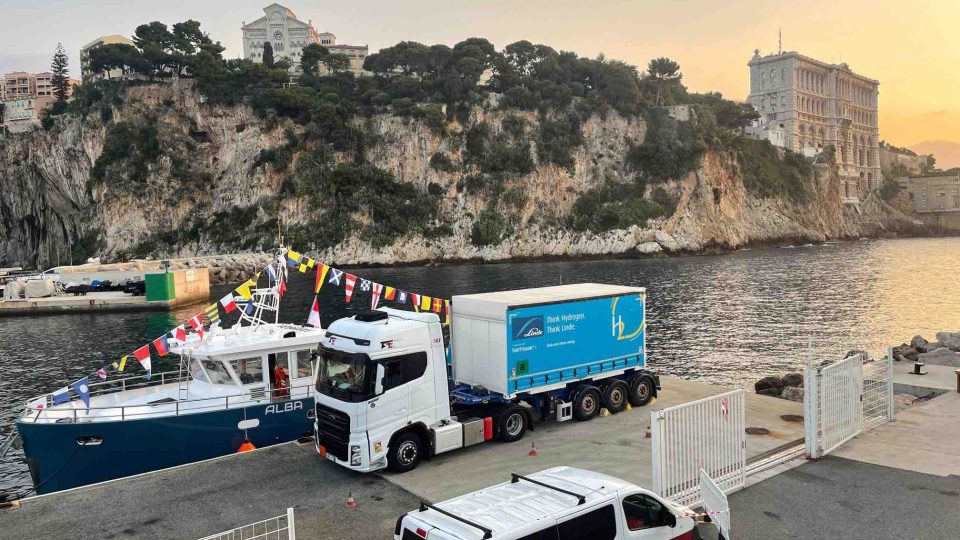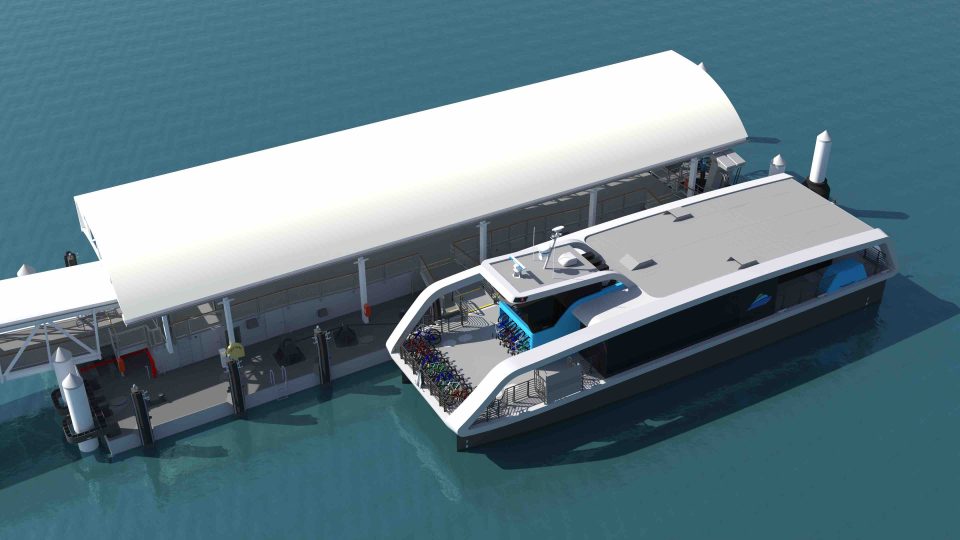Yanmar: development of hydrogen-fueled 4-stroke engine for vessels
Yanmar Power Technology (YPT), a subsidiary of Yanmar Holdings, has embarked on the development of a hydrogen-fueled 4-stroke high-speed engine for power generation for coastal vessels in Japan as part of the Nippon Foundation’s zero emission ship demonstration experiment.

Yanmar Power Technology (YPT), a subsidiary of Yanmar Holdings, has embarked on the development of a hydrogen-fueled 4-stroke high-speed engine for power generation for coastal vessels in Japan as part of the Nippon Foundation’s zero emission ship demonstration experiment. The engine utilizes hydrogen as a fuel, emitting no CO2 during combustion.
In parallel with the hydrogen engine development, YPT will also work on the creation of a hydrogen engine-compatible hybrid electric propulsion vessel, combining hydrogen engine generators with batteries. This innovative vessel design incorporates a container unit-type hydrogen power generation system on its upper deck. Uyeno TransTech, a shipping company in the Uyeno Group, will be responsible for the vessel’s development and construction.
To support the transition towards zero emissions in maritime operations, YPT aims to develop a pilot ignition engine that utilizes a small amount of pilot biofuel and hydrogen co-combustion, as well as a spark ignition hydrogen-only engine. The company plans to commence onshore verification tests in 2024 using a 6-cylinder hydrogen engine with pilot ignition, with the goal of conducting verification operations by 2026. Concurrently, YPT will conduct onshore verification tests using the spark ignition hydrogen-only engine. By approximately 2030, they aim to achieve zero emissions for coastal vessels by promoting the adoption of hydrogen energy-based propulsion systems.
The Zero-Emission Ship Project
The “Zero-Emission Ship Project,” led by the Nippon Foundation, prioritizes the development of hydrogen-fueled ships to achieve carbon neutrality in the coastal shipping sector by 2050. Through this initiative, YPT aims to pioneer the development of hydrogen-powered vessels and conduct demonstration experiments. The consortium for this project includes:
- Yanmar Power Technology Co., Ltd. (representative)
- Uyeno TransTech Co., Ltd.,
- Kyoto University,
- Fukuoka Shipbuilding Co., Ltd.,
- Mitsui E&S Shipbuilding Co., Ltd., and
- Mirai Shipbuilding Co., Ltd.
Responsibilities: 4. detailed vessel design and construction, 5. basic planning, 6. design and construction of hydrogen engine container generation units.











